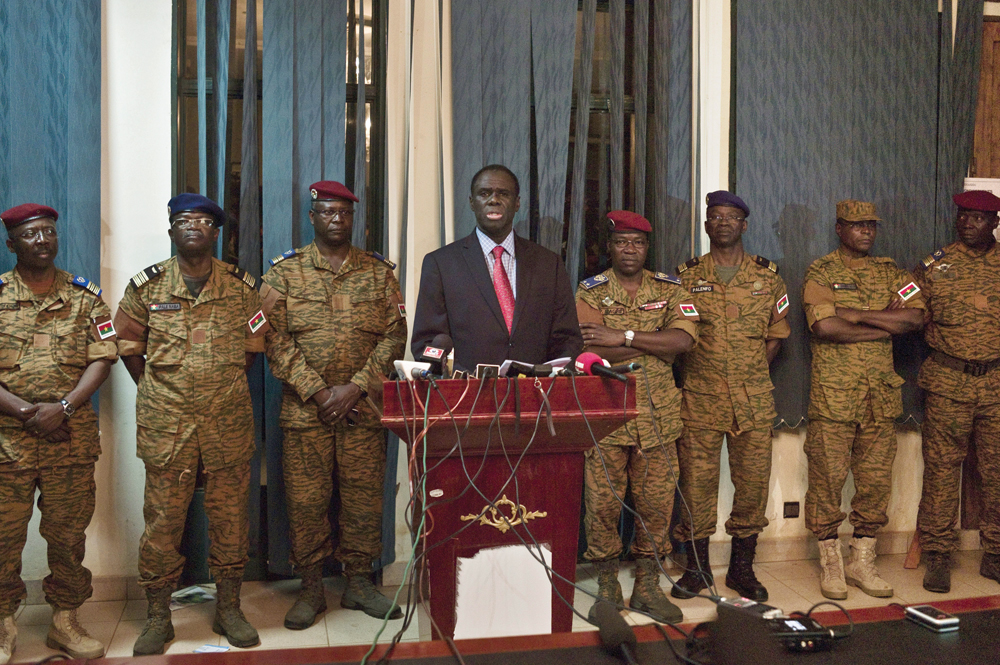By Milcah Tanimu
The recent surge of military coups in Africa, including events in the Central African country, Niger Republic, Mali, Chad, Guinea, and Burkina Faso, has raised concerns about the state of democracy on the continent. We interviewed political analysts from four African countries to gain insights into the challenges and future prospects of governance in Africa.
**Prof. Ransford Gyampoh – Ghana**:
– Democracy in Africa is failing due to its inability to protect itself against exploitation by corrupt leaders.
– Greedy leaders exploit their challenged citizenry, loot resources, and perpetuate bad governance, resulting in a state of praetorianism.
– The antidote to coups is good governance, tackling corruption, protecting national interests, and improving citizens’ lives.
**Milton Lucheri – Kenya**:
– Democracy, originally a Western concept, may not be a universal solution for leadership models.
– African societies are heterogeneous, and democracy doesn’t always fit their unique dynamics.
– Africa should embrace quasi-democratic models, blending cultural leadership with government to address political upheavals.
**Ikemesit Effiong – Nigeria**:
– The challenge facing democracy in Africa is its failure to deliver economic development and opportunities.
– There’s a disconnect between economic development and democratic outcomes, leading to calls for regime change.
– African leaders must prioritize governance and address developmental needs to avoid discontent among their populations.
**Godwin Toko – Uganda**:
– Democracy in Africa has been corrupted, with rigged elections, voter bribery, and electoral outcomes known in advance.
– Many African leaders prioritize self-interest over citizens’ welfare, fueling anti-colonial sentiments and military coups.
– Western influence and exploitation of resources contribute to the disillusionment with democracy.
**Olu Onemola – Nigeria**:
– Democracy in Africa is not inherently failing but faces challenges, including external influence and internal contradictions.
– African countries are relatively young in their democratic journey.
– Leaders’ tenure elongation, altering constitutions, and flawed electoral processes undermine democracy.
– African elites should self-evaluate and monitor against civilian coups.

Leave a Reply